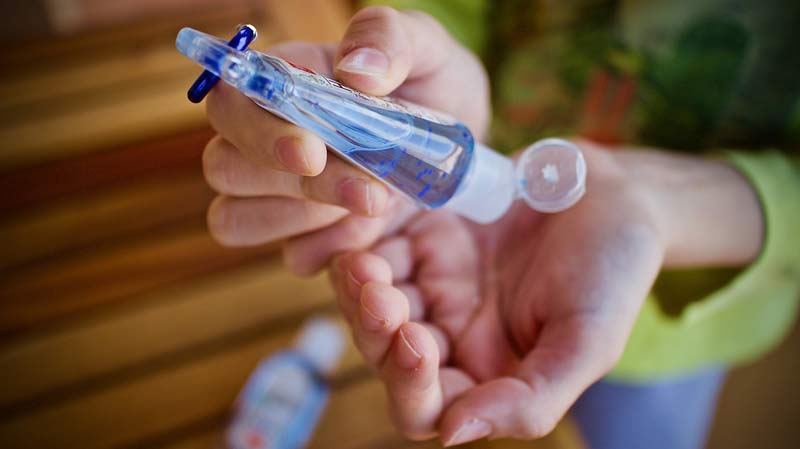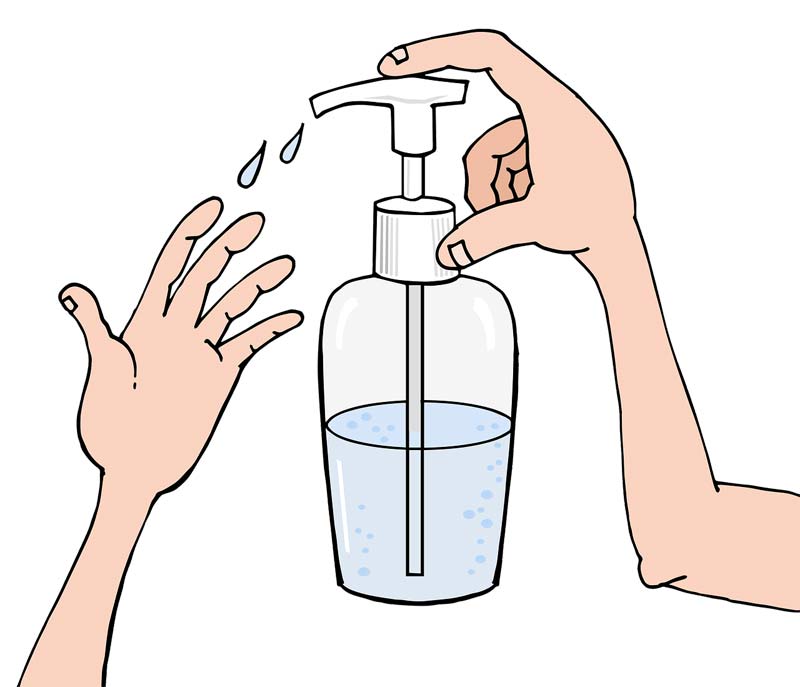What Is The Best Way To Avoid Getting Sick: With Hand Sanitizer?

Hand sanitizer pumps and wipes are everywhere: grocery stores, malls, schools, and churches. Which keeps our hands clean helps to prevent disease transmission, but hand sanitizers are a suitable replacement for plain old soap and water? Read on to learn why you can’t rely on hand sanitizers to keep your hands clean. If you want to buy a hand sanitizer you can opt for the best hand sanitizer.
Hand Sanitizer Doesn’t Work as Well as Soap and Water.
We all know it’s necessary to wash hands. It is the safest way to avoid illness. Yet does hand sanitizer do as well as lathering?
Therefore, the soap industry has nothing to think about: washing your hands is even safer than conventionally using a hand sanitizer. Soap removes dirt, germs, and oil from dirty hands to offer a higher overall purification. Soap and water are more effective than hand sanitizers in eliminating some forms of bacteria, such as noroviruses and c. diff. Diff. Clostridium difficile. Clostridium difficile. And unlike hand sanitizer, soap will also absorb pesticides and other chemical contaminants on your skin.
The US Centers for Disease Control and Prevention advises on the best way to wash your hands:
Wet your hands and apply soap to the lather with clean running water.
Scrub all surfaces: hands, arms, feet, under nails, between the feet
Twenty seconds of scrub (that’s the time to sing Happy Birthday twice)
Rinse under hot, warm water, dry hands, or dry air.
This spring in the United States, The Food and Drug Administration ( FDA) has announced a final ruling on the use by hand sanitizers of certain products. Many people use hand sanitizers regularly, often several times a day.
Also read: Skincare With A Face Mask
The FDA has determined that the manufacturers of hand sanitizers need to prove that these items, especially for pregnant women and children, are safe at this exposure. Three active ingredients are being investigated, such as benzalkonium chloride, ethyl alcohol, and isopropyl alcohol.
There are also fears that antibacterial hand sanitizers and soaps, such as bacteria-töting chemicals such as triclosan, can support antibiotic-resistant bacteria.
Hand Sanitizer Won’t Kill Germs

Recent research suggests that it won’t kill cold and influenza bugs quickly to spray an ethanol-based hand sanitizer on your palms. It’s because the fingers’ mucus is already wet.
Several studies have found that sanitizers at killing germs are 60% less effective at ALCOHOL concentration, compared to those with a lower concentration of alcohol or a non-alcoholic hand sanitizer. Such hand sanitizers can only reduce the growth of germs instead of killing them.
Hand Sanitizer Offers a Short-Term Solution
If your access to soap and water is not available, the hand sanitizer is an excellent temporary stand-in. Make sure you have one with at least 60% alcohol. While it will not make grubby hands feel new, a high alcohol hand sanitizer will effectively destroy bacteria and viruses.
Alcohol-free sanitizers may not function as well, and the chemicals used may make your skin more irritable than their counterparts that contain alcohol.
The Bottom Line: Simple Measures Work Best
When you always wash your hands with daily soap and water, use hand sanitizer spray sparingly and get a flu shot, this cold and flu season do not need to be put up with a tissue. Should friends have a hand sanitizer swear?



